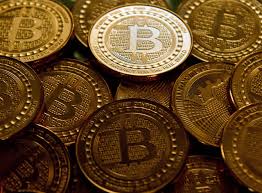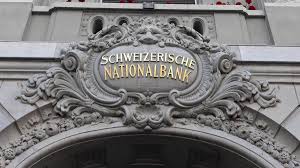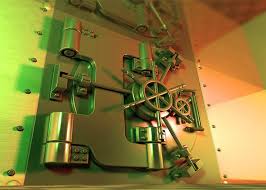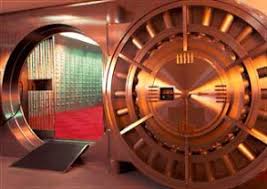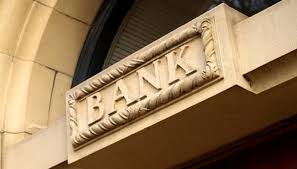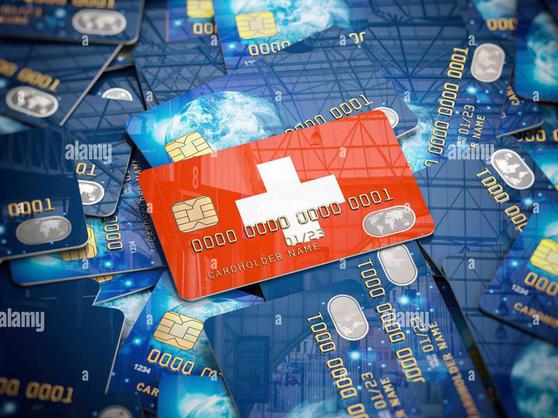Prestige Professional Management
Your Consumer Resource Specialist
Why are Swiss bank accounts popular & how do they work?
Most of us have formed ideas about what Swiss bank accounts are and how they work based on scenes like these that we've seen in the movies, read in books, or maybe even heard in the news. In other words, most of us have a distorted or mostly unrealistic view of what it really means to have the prestigious Swiss bank account. Let's dig deeper into Swiss Bank Accounts and see how they started, who can have an account and unlock the mystery.
Swiss bank accounts aren't just for millionaires, criminals or government officials trying to hide ill-gotten wealth, or celebrities protecting their assets from former spouses. They're available to anyone and lots of average people have Swiss bank accounts. People who live in countries with unstable governments and banks in particular often turn to Swiss banks because of their security and privacy. But let's face it, most of us really just want to be able to say, "Oh, I'll wire the money from my Swiss bank account."
Swiss Bank Account Advantages
Privacy
Your relationship with your Swiss bank can be compared to doctor/patient confidentiality or the private information you might share with an attorney. Swiss law forbids bankers to disclose the existence of your account or any other information about it without your consent (except for certain circumstances, which we'll discuss later).
Where the similarity ends is when that privacy is violated. Whereas in the United States, if your doctor or attorney violates your confidence you must begin legal action; in Switzerland, if a banker divulges information about a bank account without permission, immediate prosecution is begun by the Swiss public attorney. Bankers face up to six months in prison and a fine of up to 50,000 Swiss francs. And, you have the option of suing the bank for damages. Needless to say, Swiss banks are very careful about protecting your privacy.
The only exceptions to the Swiss banking privacy rule are criminal activities such as drug trafficking, insider trading or organized crime, which we'll talk more about later.
Low Risk
So privacy is a big deal if you have money you don't want other people to know about, and unless you're a criminal it's highly unlikely anyone can ever find out about your account. For example, doctors who might be sued for malpractice might have money in a Swiss account to prevent them being totally wiped out in the event of lawsuit. Unethical, yes, but it happens.
Really, anyone can have assets that they want to protect from attack. Sometimes, though, privacy isn't the main reason people want a Swiss bank account. Switzerland has had an extremely stable economy and infrastructure for many years and hasn't been at war with another country since 1505. Swiss bankers are also highly trained in investing and know how to grow your money.
Increasing your wealth means little if your money isn't protected. So, how safe is your money in a Swiss bank? Depositor protection in Switzerland is governed by the Swiss Bankers Association's (SBA) self-regulatory Depositor Protection Agreement and, since July 1, 2004, was also codified into the Swiss Banking Act with a few additional requirements that significantly strengthened depositor protection in Switzerland [Source: SwissBanking.org].
The revised Depositors' Protection Agreement covers all deposits and is also applicable to non-bank securities dealers. Protecting depositors is vital in maintaining public confidence in the Swiss banking system and, in order to strengthen this confidence, the SBA had drawn up a self-regulatory Depositor Protection Agreement with its member banks in 1984. This agreement guarantees that, in the event of a bank failure, depositors will rapidly receive their legally privileged claims. As an additional safety measure, Swiss law demands high capital adequacy. Swiss banks can therefore certainly be counted amongst the safest in the world.
Opening and Using Swiss Bank Accounts
According to Swiss law, nonresidents of Switzerland who would like to open a Swiss bank account must be at least 18 years old. Other than that, there aren't a lot of restrictions. Your account can be in almost any currency, although most choose the Swiss franc, U.S. dollar, Euro or Sterling, and there is often no minimum balance required to open an account. Once you've started making deposits, however, there is a minimum balance you have to maintain that varies from bank to bank and by type of account.
Why Might You Not Be Accepted?
While the majority of applications for Swiss bank accounts are accepted, some aren't. Usually applications are rejected either because the origin of the money is questionable or unclear, or its origin goes against Swiss security regulations. The strict money laundering laws have made scrutiny of money origins and subsequent deposits a high priority.
